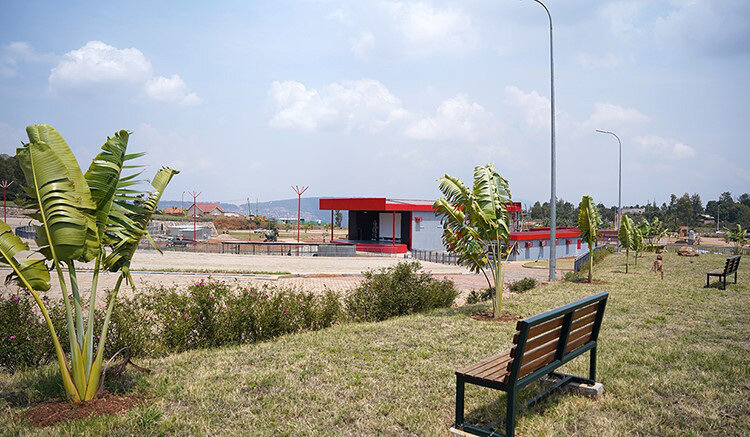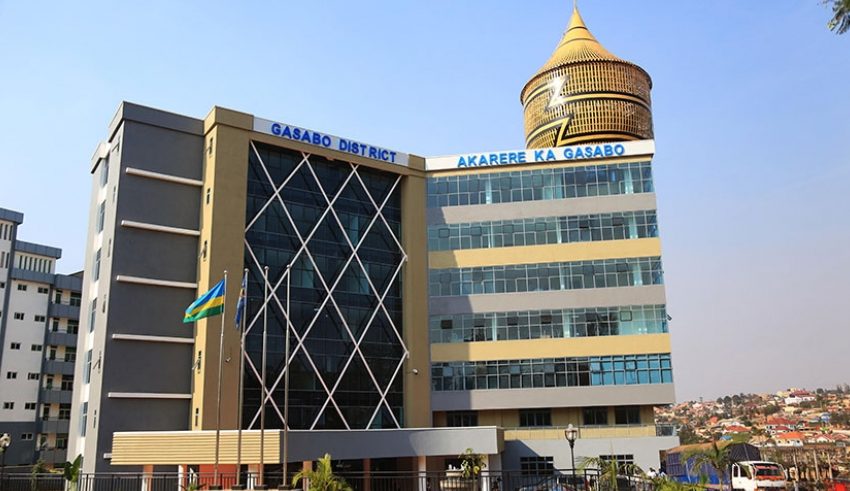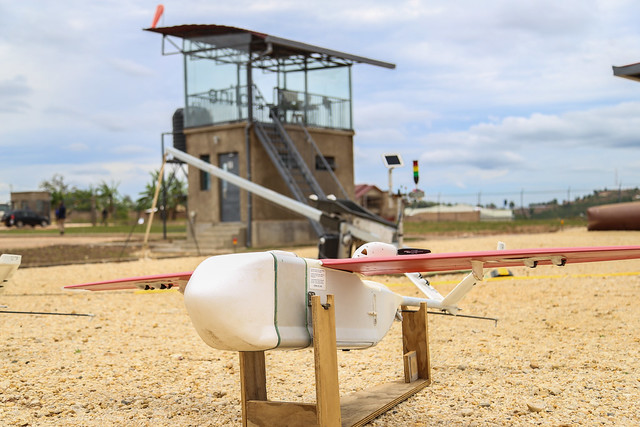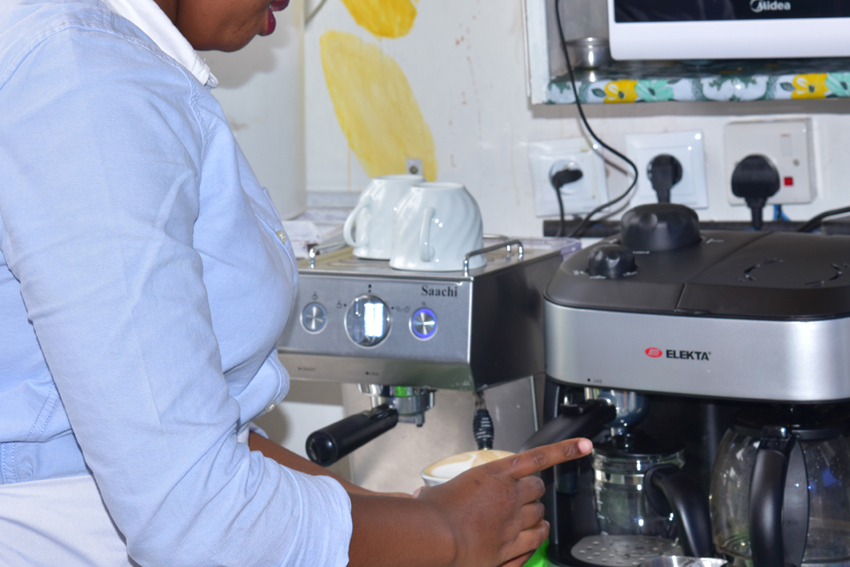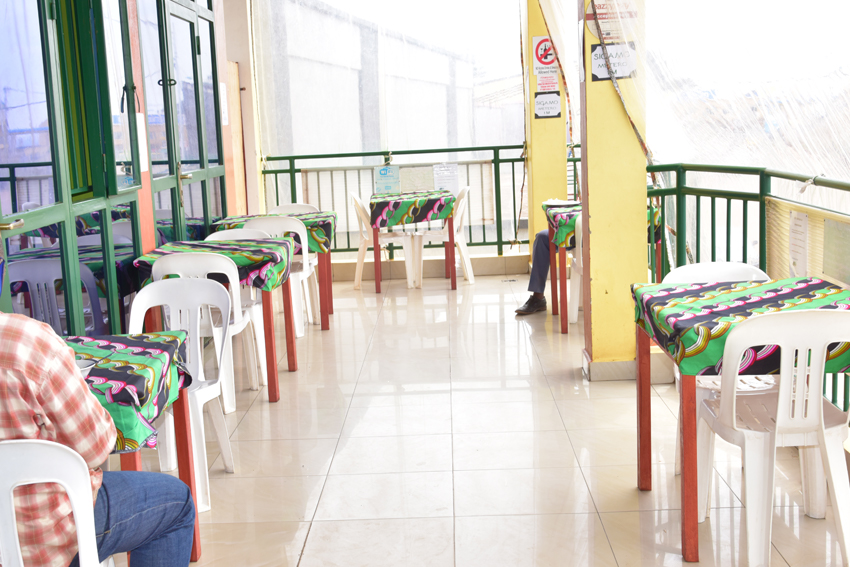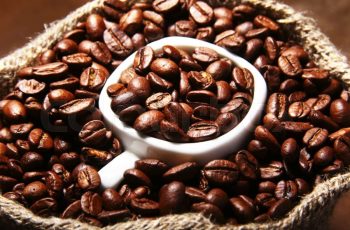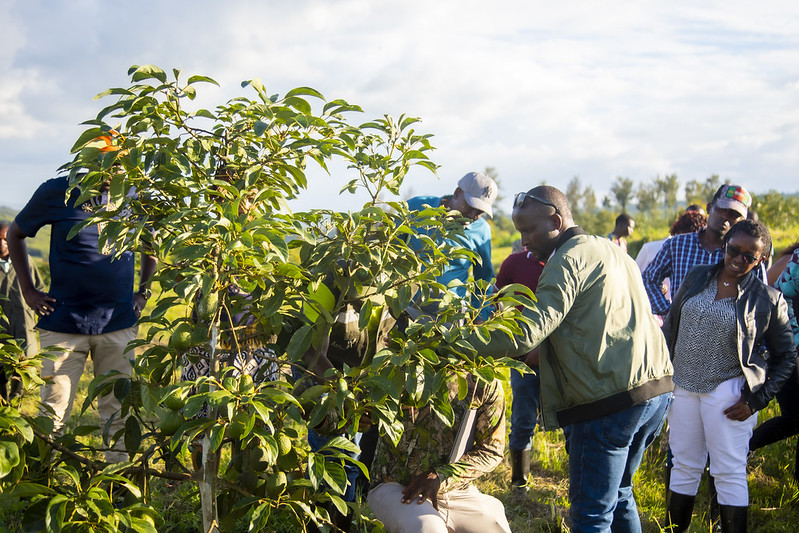
MINAGRI Advocates for Daily Fruit Intake for Optimal Health
For over three decades, the widely known ‘Five-A-Day’ initiative has advocated for incorporating five different kinds of fruits and vegetables into daily diets.
This campaign, which originated in the UK in 1994, was inspired by numerous studies highlighting the significant health benefits of consuming ample fruits and vegetables. These benefits include reducing the risks of heart disease, stroke, certain cancers, diabetes, and obesity.
The importance of fruit consumption extends beyond the UK and is equally critical in regions such as Rwanda. No matter where you are, the health benefits provided by fruits are indispensable.
Incorporating fruits into daily meals can be simple: a sliced banana with breakfast, fresh melon or mango at lunch, or dried raisins as a snack. These examples underscore the essential role of fruits in maintaining health.
The World Health Organization (WHO) advises a daily intake of at least 400 grams of fruits and vegetables to harness their nutritional benefits. Failing to meet this recommendation can have dire consequences, as evidenced by the 3.9 million deaths in 2017 attributed to inadequate fruit and vegetable consumption globally.
Aiming to consume at least five portions of a diverse range of fruits and vegetables each day is crucial. This equates to just over one-third of our daily food intake. Encouraging children to follow this practice is equally important, with portion sizes adjusted to fit their smaller hands.
Our early years shape our food preferences, so children exposed to a variety of fruits and vegetables are more likely to continue eating them as they grow older.
Avocado: The Nutritional Powerhouse
Among the many fruits, avocados stand out due to their rich nutritional profile. Recognized as a superfood by nutritionists, avocados are packed with healthy fats, antioxidants, and nearly 20 vitamins and minerals.
Regular avocado consumers have higher intakes of fiber, vitamins E and K, magnesium, and potassium compared to those who don’t eat avocados. One avocado can provide 40% of the Daily Value (DV) for folate, 30% for vitamin K, and over 20% for vitamin C. Additionally, avocados offer nearly 30% of the DV for potassium and almost 20% for magnesium, an essential mineral for numerous bodily functions.
Avocados offer various health benefits, including enhancing satiety, aiding in weight management, protecting heart health, preventing diabetes complications, boosting nutrient absorption, promoting digestive health, enhancing brain function, protecting vision, and providing anti-cancer properties.
Versatile in their use, avocados can be enjoyed alone or incorporated into dishes such as fruit smoothies, chocolate pudding, and even fruit tacos. They can also replace butter in baking recipes.
The Benefits of Passion Fruit
Passion fruit is another nutrient-dense fruit, rich in vitamins A and C, which support skin, eye, and immune health. It also contains small amounts of potassium and magnesium, crucial for heart health and muscle function. Low in calories, passion fruit enhances nutrient intake without adding excessive calories.
The health benefits of passion fruit include boosting the immune system, supporting heart health, improving insulin sensitivity, and promoting gut and skin health.
There are numerous ways to enjoy passion fruit: straining the juice for drinks and mocktails, adding it to yogurts and salads for extra crunch and sweetness, or using it as a topping for desserts.
Government Initiatives to Promote Fruit Consumption
Recognizing the critical role of fruits in a healthy diet, the Ministry of Agriculture and Animal Resources (MINAGRI) has initiated programs to encourage fruit consumption in Rwanda, focusing on avocados and passion fruit.
In March 2023, MINAGRI partnered with the European Union, Luxembourg Development Cooperation Agency (LuxDev), and the Belgian development agency (Enabel) to launch ‘KWIHAZA,’ a project aimed at transforming food systems towards sustainability.
Spanning from 2023 to 2026, this four-year program focuses on developing the aquaculture, fishery, and horticulture sectors. The European Union and Luxembourg have contributed 10 million euros and 5.5 million euros, respectively, to support the Kwihaza project.
The project will offer training to smallholder farmers and establish research centers to improve quality and meet market standards. Additionally, it aims to promote the consumption of locally produced, healthy, and sustainable food while increasing farmers’ incomes.
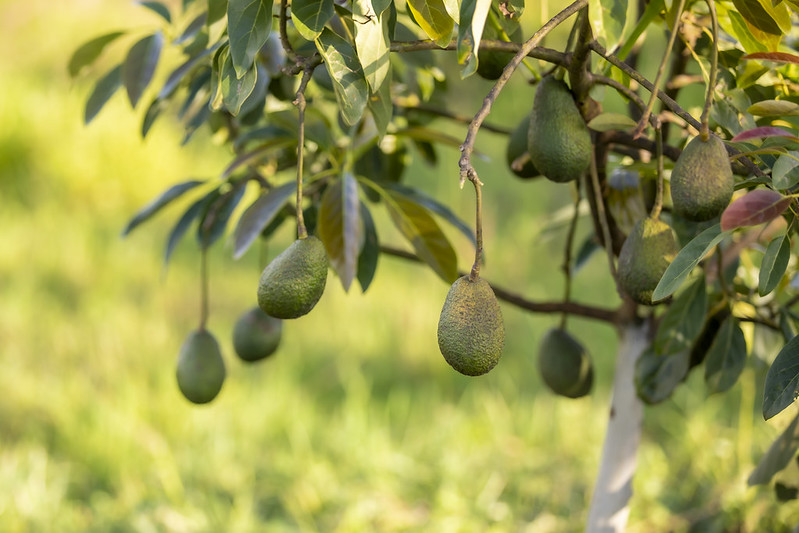
Rwanda’s Minister of Agriculture and Animal Resources, Dr. Ildephonse Musafiri, expressed strong confidence in the project, believing it will significantly impact the development of Rwanda’s aquaculture, fishery, and horticulture sectors over the next four years.



